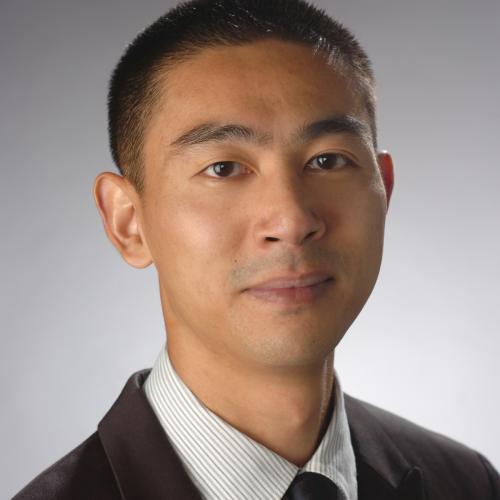People who are blind take pictures and videos and share them with others but face a unique challenge—they cannot independently review their pictures and videos to identify unnecessary private or sensitive content. A set of new algorithmic and interactive techniques being developed by researchers at the iSchool and partner institutions will empower people who are blind to independently safeguard private information in their pictures and videos. Principal investigators on the project include Associate Professor Yang Wang; Danna Gurari, assistant professor in the Computer Science Department at the University of Colorado Boulder; and Leah Findlater, associate professor in Human Centered Design & Engineering Department at the University of Washington. The collaborative project, "Novel Algorithms and Tools for Empowering People Who Are Blind to Safeguard Private Visual Content," received a four-year, $1,199,993 grant from the National Science Foundation, with the U of I team led by Wang receiving $315,931.
According to the researchers, accidental privacy leaks are common, with more than one out of every 65 images taken by people who are blind showing a diversity of private content, such as prescription pills, home addresses, and tattoos. No solutions currently exist to protect people who are blind from possible identity theft, blackmail, legal liability, and, of course, embarrassment because of these privacy leaks. The goal of the new project is to design novel computer vision algorithms and end-user mechanisms that empower people who are blind to independently safeguard private information in their pictures and videos.
"A person who is blind who takes a photo or wants to reshare a photo can use our system or app to screen the photo for private/sensitive content," explained Wang. "The app will tell the user whether the photo contains any private/sensitive content and what that private content is. The user can then choose to have the app blur the private content in the photo before making the decision to share the edited photo with others or post it on social media."
The resulting app could be adapted to benefit other populations, such as people with low vision, people with cognitive impairments, aging adults, and children.
Wang conducts research focusing on usable privacy and security technologies, social computing, human-computer interaction, and explainable artificial intelligence. He earned his PhD in information and computer science from the University of California, Irvine.
